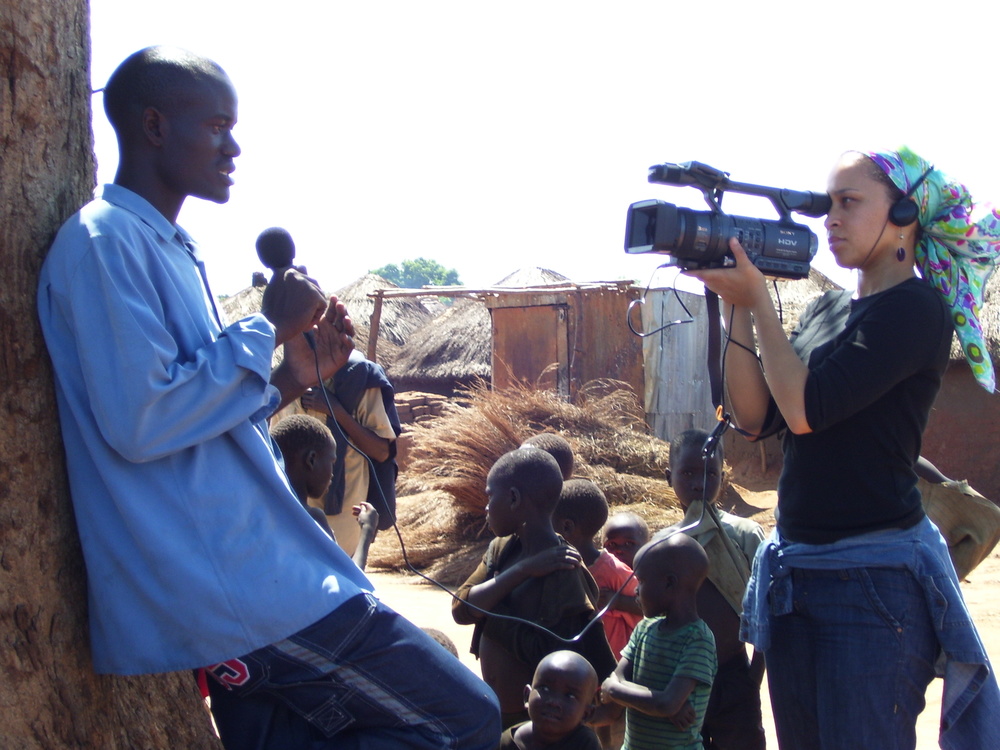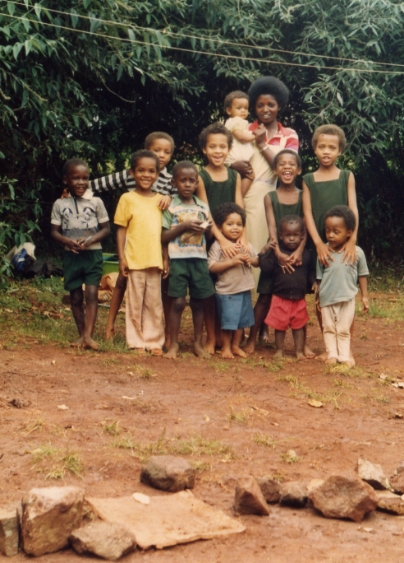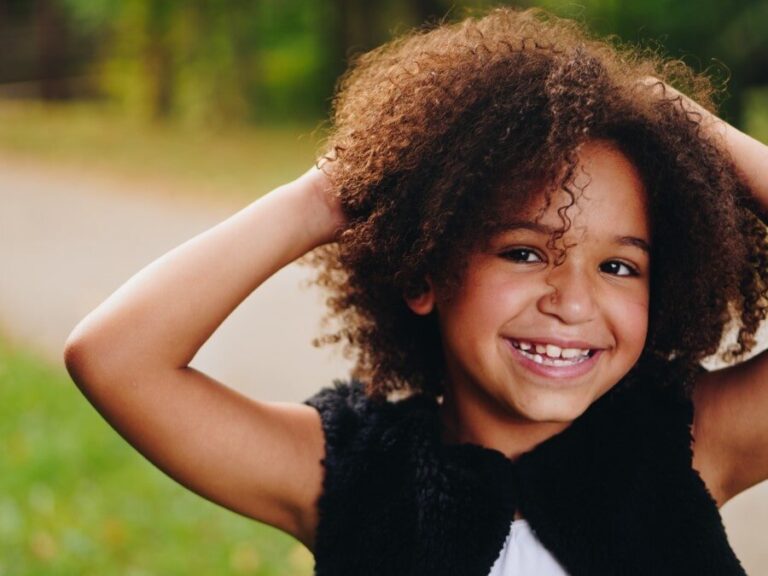Like many of my friends, I’ve been anticipating the release of Bill Duke’s latest documentary, Light Girls, a companion to his award-winning Dark Girls. I watched through tears as a young woman described how she was cut on the neck because she was lighter skinned. Others described themselves as being perfect misfits and mutts, while another shockingly described herself as “piss-colored.” Others said they felt invisible because they didn’t really belong in the black or white worlds.
In many ways, I could relate to that latter sentiment. I grew up in East Africa in the early ’80s and my siblings and I were often ostracized because we were mixed race. While my mother was a black Ugandan, my father was biracial; his father was Scottish and his mother, Ugandan. (Ironically the white and Asian people in our community were treated very differently than we were; we were bad, but they were good.)
I remember being chased by grown-ups as they yelled mzungu, which means white. They threw stones and spat at me. One of my aunties told me I looked like the devil and would tell me not to look at her because of my blue eyes. My mother’s family didn’t like us and in fact, I believe that’s one of the reason she left us when we were young.
#block-yui_3_17_2_1_1421775638418_70571 .sqs-gallery-block-grid .sqs-gallery-design-grid { margin-right: -15px; }
#block-yui_3_17_2_1_1421775638418_70571 .sqs-gallery-block-grid .sqs-gallery-design-grid-slide .margin-wrapper { margin-right: 15px; margin-bottom: 15px; }
When my family moved to Canada when I was 8, I learned that instead of being an outsider among Africans, I was now an outcast around white people because I was black. But even as a young girl, I understood that in this world, my skin color offered me a so-called “privilege” that some of my family members didn’t have. I remember as a teenager having a conversation with my cousin Muhumza about it. Mu is darker skinned and as hard as he tried, he wouldn’t get any callbacks when he applied for jobs. We lived in a small town that was predominantly white and we were often the only black kids in our schools. It was a lot easier for me, as a girl with a lighter complexion to get a job at a fast-food restaurant than it was for my brothers and cousins.
I want to give her something I never had—the right to know that she’s beautiful inside and out.
While this privilege exists, it can be a burden in the sense that you don’t feel accepted where you feel you should belong. For example, a few years ago, on a trip back home to Uganda, I volunteered with an international aid agency to film their work and traveled with them to a remote village. While I was gathering my equipment, the team got out of the car and approached one of the families. When I was done, I got out of the car and walked towards them. Suddenly, I heard the screams of a little child. I looked and one of the toddlers had run off. Although I don’t speak my language anymore, I still understand some of it. The child’s grandmother was explaining to one of my colleagues that the little girl ran off because she was afraid of the white woman. My heart broke. Here I was, born and raised in Uganda with the same experiences, but what everyone saw was that my skin color was different. Maybe that’s why I have always worn my hair natural and why I choose to go by my African name—I can’t ever fully belong to the place that I call home.
Since I had my daughter, I am very mindful of how I praise her. I tell her she’s smart and that she’s beautiful just the way she is. I want her to celebrate her beauty on her own terms and not from what others say she should be or is. Though the colorism shared in Light Girls and in my own past may be one of the many issues my daughter will have to face, I want to give her something I never had—the right to know that she’s beautiful inside and out.

RELATED ARTICLES
A New Film Studio Made For Telling Our Stories
Love Your Lines Finds Beauty In Women’s Stretch Marks
“Beyond Classically Beautiful” Proves Beauty Comes In All Shades




















